The Consequence of Poor Financial Record Keeping?
Keeping accurate and detailed records of income and expenses is one of the most important things a small business can do to stay compliant with tax laws and avoid an audit from the IRS. Yet, it is also one of the most commonly overlooked tasks for many small business owners. In this blog post, we will discuss the importance of keeping accurate and detailed records of income and expenses, and provide tips on how to stay organized and avoid mistakes that could lead to an IRS audit.
Why is it important to keep accurate and detailed records of income and expenses?
First and foremost, keeping accurate and detailed records of income and expenses is essential for compliance with tax laws. The IRS requires that all businesses keep accurate records of their income and expenses in order to report their taxes accurately. This includes keeping records of all revenue, expenses, and any other financial transactions that relate to the business. Failure to keep accurate records can result in fines, penalties, and even criminal charges. Doing bookkeeping using an accounting software #Xero
In addition to compliance with tax laws, keeping accurate and detailed records of income and expenses is essential for managing the financial health of your business. Accurate records allow you to track your revenue and expenses, which can help you identify areas of the business that are profitable and areas that may need improvement. This information can help you make informed decisions about how to grow your business and stay competitive.
Tips for keeping accurate and detailed records of income and expenses
- Use accounting software: Utilizing accounting software can make it much easier to keep track of your income and expenses. There are many software options available, such as QuickBooks and Xero, that can automate record-keeping tasks and make it easy to generate financial reports.
- Organize your records: Keep your records organized and easy to find. This will make it easier to access the information you need when it is time to file your taxes or prepare financial reports.
- Keep separate bank accounts: Keep separate bank accounts for your business and personal expenses. This will make it easier to track your business income and expenses, and will also help you avoid mistakes when it comes to accounting for your personal and business finances.
- Keep all receipts: Keep all receipts and invoices related to your business. This includes receipts for supplies, equipment, and other business expenses, as well as invoices for any services you provide.
- Make sure all income is reported: Report all income received, whether it is from sales, services, or other sources. This includes cash and credit card payments, as well as any payments made through online platforms like PayPal or Venmo.
- Track all expenses: Keep track of all business expenses, including rent, utilities, transportation, and any other costs associated with running your business.
- Keep track of employee expenses: If you have employees, keep track of their expenses as well. This includes things like mileage, travel, and other job-related expenses.
- Review your records regularly: Review your records regularly to ensure that they are accurate and up-to-date. This will help you catch any mistakes early on, and will make it easier to correct them before they become major issues.
- Hire a professional: Consider hiring a professional accountant or bookkeeper to help you keep track of your income and expenses. They will have the expertise and knowledge to ensure that your records are accurate and that you are compliant with tax laws.
In conclusion, keeping accurate and detailed records of income and expenses is a crucial task for any small business owner. It not only helps you stay compliant with tax laws, but it also helps you manage the financial health of your business. By following the tips outlined in this blog post, you can ensure that your records are accurate and up-to-date, which will help you avoid any potential mistakes or errors that could lead to an IRS audit. By staying organized and keeping accurate records, you can focus on growing your business, instead of worrying about compliance issues.

